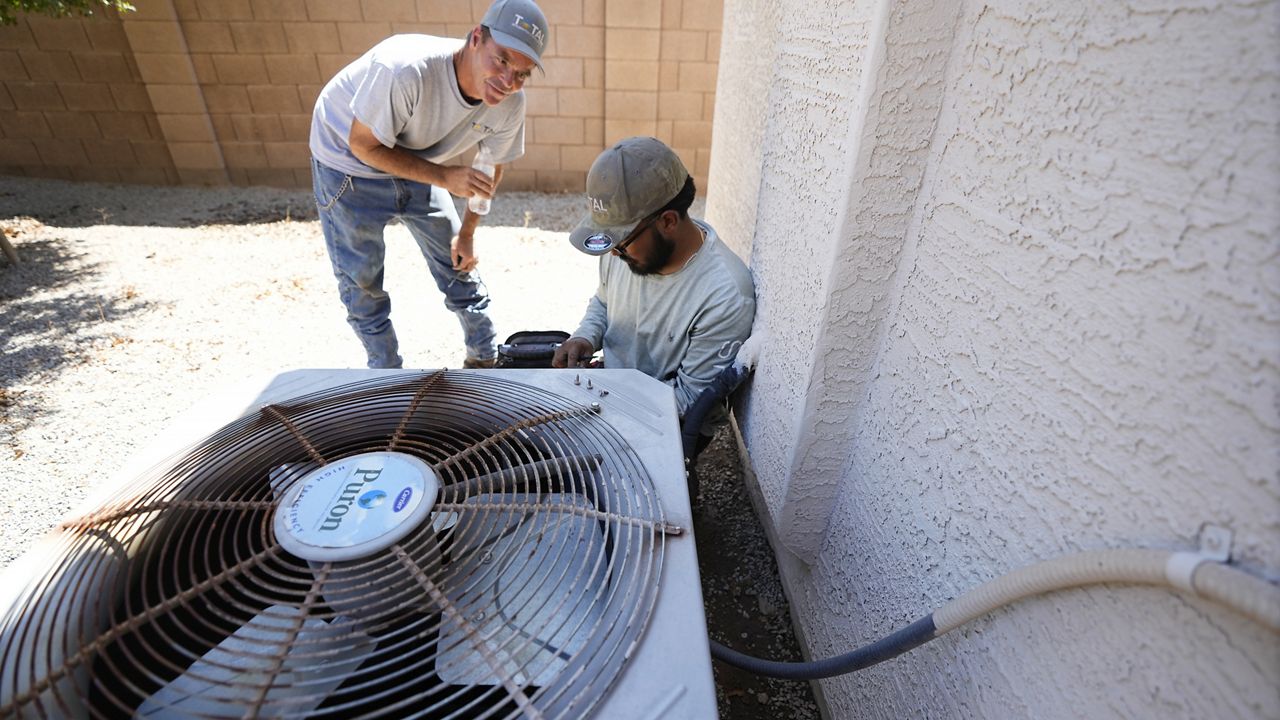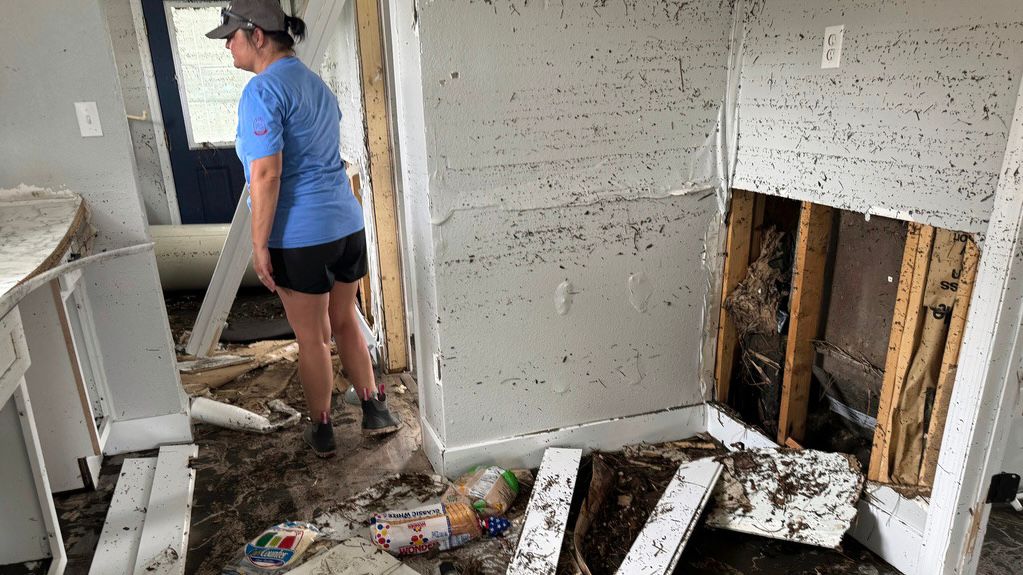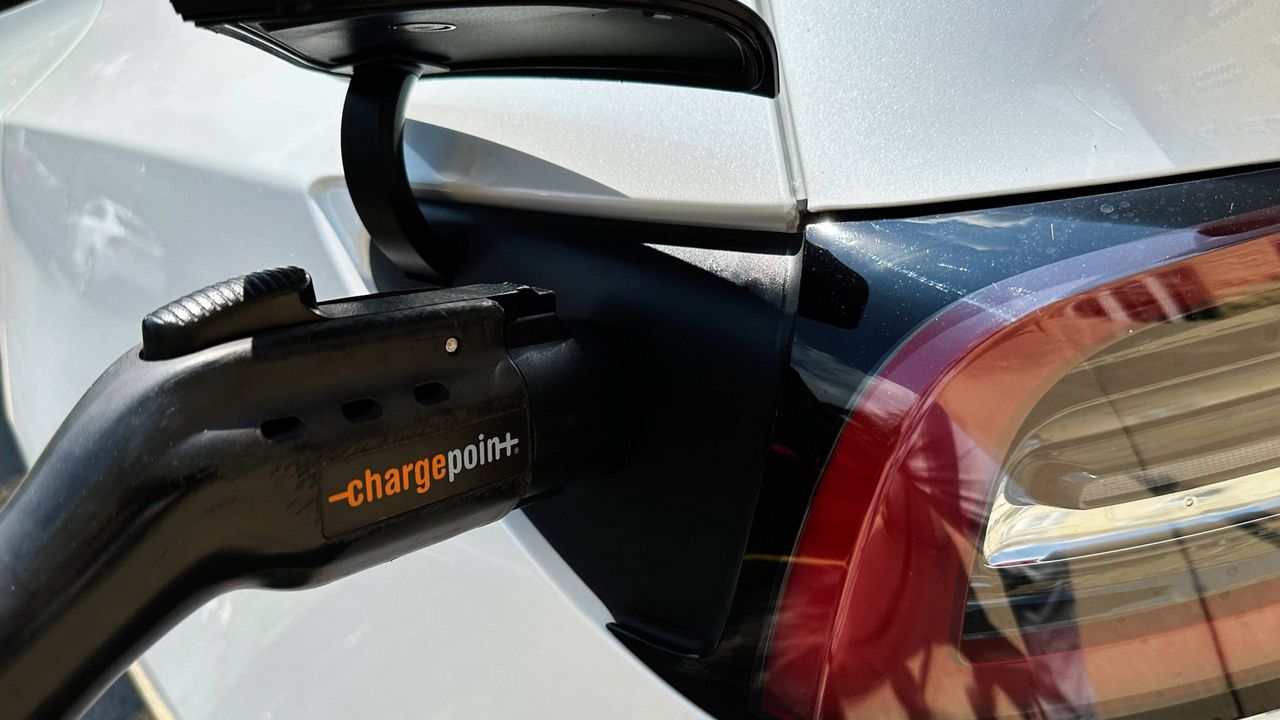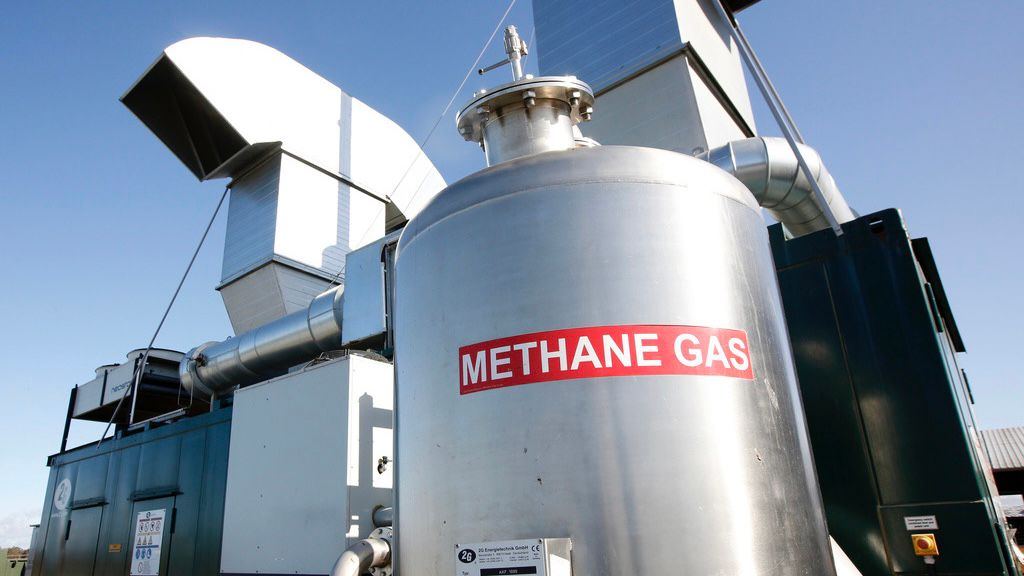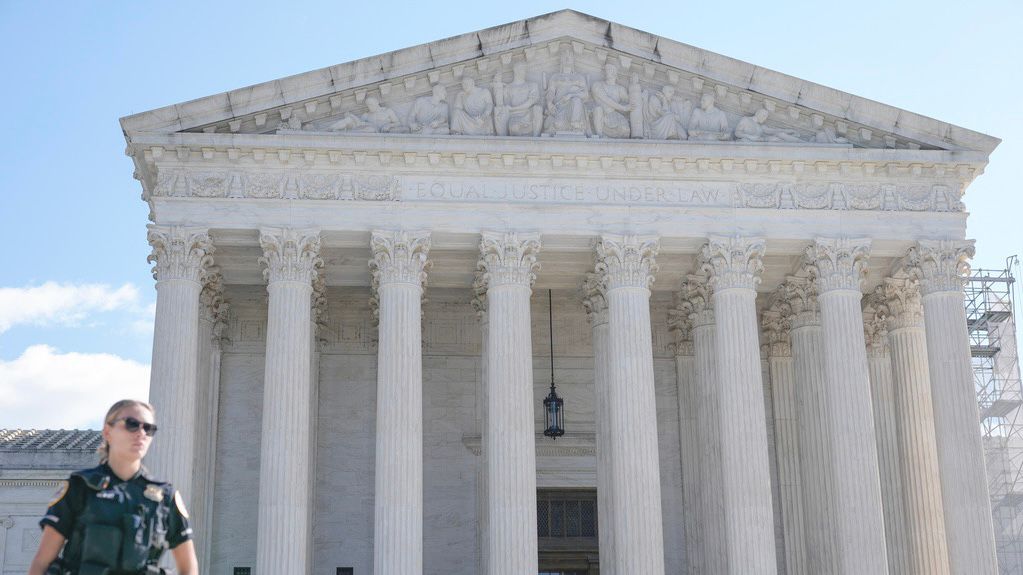As much of the nation continues to broil under extreme temperatures, air conditioning usage is on the rise — and so are electricity bills.
Tempting as it is to crank the AC when the mercury hits the red, there are best practices for setting thermostats and running air conditioning that use less energy and cost less money.
We reached out to the U.S. Department of Energy for tips:
It’s beneficial to run air conditioning a little more in the early part of the day and a little less when it’s hottest in the late afternoon and evening, DOE Energy Efficiency Deputy Director Ram Narayanamurthy told Spectrum News.
“If you let your house cool down before it gets very hot outside, that helps your air conditioner run less during the hottest times of the day,” he said. “When it gets hot outside, you are running the air conditioner not just to cool the air inside your home but also the wood and the framing and the walls.”
If an air conditioner is turned on after the house is already hot, the air conditioner has to work harder to bring the temperature down. Exact times vary by region, but Narayanamurthy recommends running the air conditioner more around 11 a.m. or Noon and turning it down mid afternoon.
In parts of the country where customers are billed for electricity use based on time of day, running air conditioning earlier can also mean lower utility bills. Time-of-use rates peak when demand is highest in the late afternoons and evenings. That coincides with peak temperatures and people returning home from work and turning up their air conditioning.
Using fans to cool a house has multiple benefits. Fans work by blowing air over a person’s body to cool down. “It creates some evaporation, so your thermal comfort is better,” Narayanamurthy said.
When a person feels cooler, that allows the air conditioning to be set slightly higher.
Fans use about 10% of the energy of an air conditioner, according to the DOE, so they provide greater savings than running an air conditioner to achieve a similar level of temperature reduction.
Air conditioners have to work harder if they are not well maintained. The most important maintenance task to ensure the efficiency of an air conditioner is to routinely replace or clean their filters, according to the DOE. Clogged and dirty filters reduce the amount of air that’s able to flow through the system and reduces its efficiency.
The exterior air conditioning unit also needs routine maintenance. Because it’s outside, the evaporator coil will collect dirt and reduce its ability to absorb heat. The condenser unit can also collect dirt and debris from leaves or lawn mowing and needs to be cleaned regularly for optimal performance.



